Search Fellows
Click on a Fellow below to view more information or create your own search.
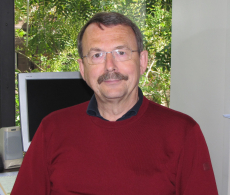
Wolfgang Streeck
Max Planck Institute for the Study of Societies
Visiting Scholar
2009 to 2010
Wolfgang Streeck, director of the Max Planck Institute for the Study of Societies, will produce articles and book chapters for three projects: a conference volume on “commonalities of capitalism,” an exploration of the social-structural implications of flexible employment, and an inventory of “concepts of control” in postwar social science.
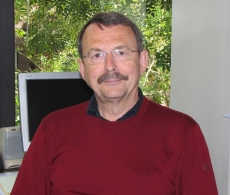
Wolfgang Streeck
Max Planck Institute for the Study of Societies
Visiting Scholar
2006 to 2007
Wolfgang Streeck, Director of the Max Planck Institute for the Study of Societies, will spend the spring at the Foundation finishing a book on the ongoing liberalization of the postwar German political economy. He will examine the process by which markets begin to take on tasks once handled by social regulation, asking how such reforms can be put in place when political resistance to them is high.
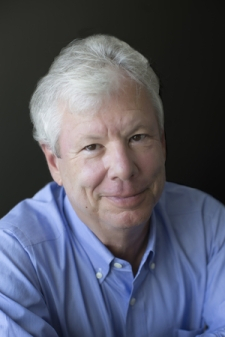
Richard H. Thaler
RSF Nobelists
Richard Thaler is a former RSF trustee, former Margaret Olivia Sage Scholar, and a member of the foundation’s Behavioral Economics Roundtable. He is the Ralph and Dorothy Keller Distinguished Service Professor of Behavioral Science and Economics at the University of Chicago Booth School of Business.
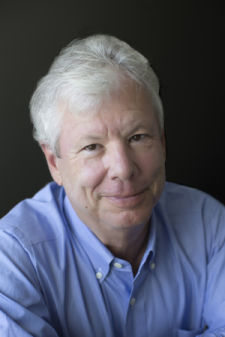
Richard H. Thaler
University of Chicago
Margaret Olivia Sage Scholar
Richard Thaler is a former RSF trustee and a member of the foundation’s Behavioral Economics Roundtable. He is the Ralph and Dorothy Keller Distinguished Service Professor of Behavioral Science and Economics at the University of Chicago Booth School of Business.
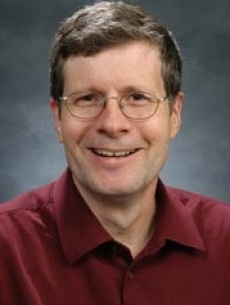
Chris Tilly
University of Massachusetts, Lowell
Visiting Scholar
1995 to 1996
Chris Tilly, associate professor in the department of policy and planning at the University of Massachusetts at Lowell, supervised the completion and data processing of the in-depth employer interviews that form part of the Multi-City Study of Urban Inequality. With colleagues Joleen Kirchenman and Philip Moss, he wrote a paper assessing the impact of the formality of the hiring process on minority representation in a firm's work force. Another paper analyzes employers' views of their space requirements in relation to location and hiring decisions.
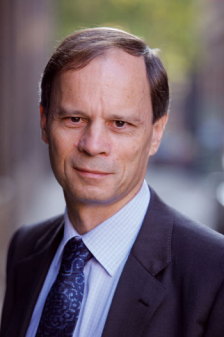
Jean Tirole
RSF Nobelists
Jean Tirole is a member of the foundation's Behavioral Economics Roundtable and the founder of the Summer Institute on Economics and Psychology at the University of Toulouse, which was cosponsored by RSF.
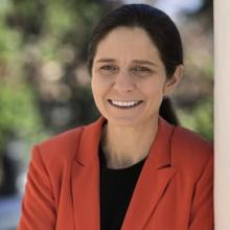
Sarah E. Turner
University of Virginia
Visiting Scholar
2003 to 2004
Sarah E. Turner, assistant professor of education and economics at the University of Virginia, will continue her research on how educational opportunities available in colleges and universities affect the labor market. In work previously funded by the Foundation, Turner discovered that the number of university degrees awarded in a state has only a modest effect on the number of university-educated workers in that state; demand in local labor markets is apparently an important variable.
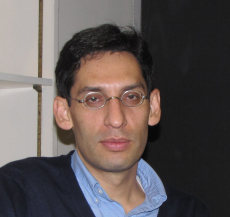
Miguel Urquiola
Columbia University
Visiting Scholar
2010 to 2011
Urquiola is part of a working group (with W. Bentley MacLeod), which will examine the structure of educational markets, including how students are matched to schools and whether the use of standardized tests in schools impacts student performance and their potential in the labor market. Separately, W. Bentley MacLeod will analyze the role of different forms of compensation in labor markets and in the growth of inequality.
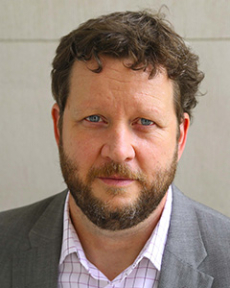
Eric Verhoogen
Columbia University
Visiting Scholar
2018 to 2019
Verhoogen will study the relationship between unionization and technology adoption in U.S. manufacturing. Using data from the National Labor Relations Board, Census surveys, and a new database of collective bargaining contracts, he will compare firms where unions narrowly won representation to firms where they narrowly lost to analyze the extent to which union contracts either encourage or discourage the adoption of new technologies.
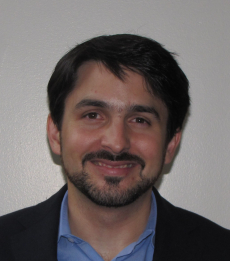
Till von Wachter
Columbia University
Visiting Scholar
2010 to 2011
Von Wachter will assess the short- and long-term effects of layoffs on individual career outcomes and analyze how layoffs in different industries relate to labor market trends such as earnings inequality, employment stability, and increases in low-wage service employment.
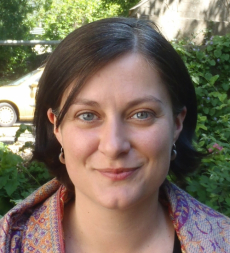
Elizabeth Washbrook
University of Bristol
Visiting Scholar
2013 to 2014
Washbrook along with Bruce Bradbury, Miles Corak, and Jane Waldfogel will build upon a current RSF-funded comparative project on educational inequality. This working group will write a book on child development and public policies in four countries.
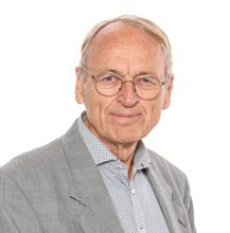
Niels Westergaard-Nielsen
Aarhus School of Business
Visiting Scholar
2007 to 2008
Niels Westergaard-Nielsen, Professor of Economics, Aarhus School of Business, Denmark, will analyze Denmark’s success in helping people escape low-wage work relatively quickly compared to other advanced economies.
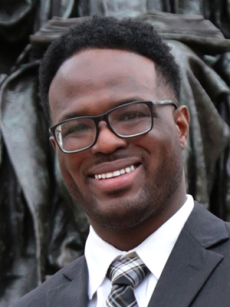
Morgan Williams, Jr.
Barnard College
Visiting Scholar
2024 to 2025
Williams will examine how municipal residency requirements, which mandate that public sector employees such as law enforcement officers live within the agency’s city limits, affect racial disparities in public safety and policing outcomes. Using novel historical and administrative data, Williams explores the extent to which benefits accrued from these policies, such as improved community relations, may come at the cost of constrained officer recruitment pools and potentially lower-quality policing.
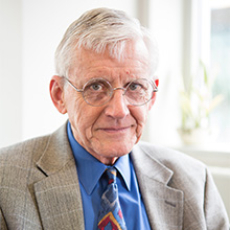
Michael Wiseman
University of Wisconsin-Madison
Visiting Scholar
1996 to 1997
Michael Wiseman, professor of public affairs, urban and regional planning, and economics, Unversity of Wisconsin-Madison, completed four chapters of a book that will examine the political struggle at the national level to encourage welfare reform at the state level and the outcome of welfare innovation in four states: California, Michigan, North Carolina, and Wisconsin. He also launched two major studies of households affected by welfare reform in Wisconsin, in his capacity as vice chairman of the Wisconsin Works Management and Evaluation Project.
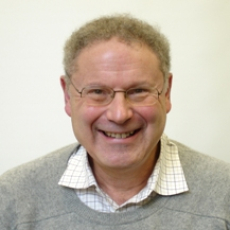
Edward N. Wolff
New York University
Visiting Scholar
2003 to 2004
Edward N. Wolff, professor of economics at New York University, will write a book on the effects of changes in information technology on the skill levels of workers, job structure, earnings, and earnings inequality in the United States during the 1990s. He will focus in particular on how information technology has affected low-skill workers. Wolff's preliminary results indicate that although information technology raises skill requirements, it may actually have a negative effect on earnings.
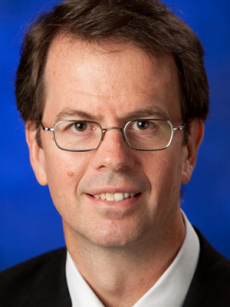
James P. Ziliak
University of Kentucky
Visiting Scholar
2015 to 2016
Ziliak will investigate the declining response rates to earnings questions in the Current Population Survey (CPS) from 1998 to 2013. He will use an original dataset to link the CPS to the Social Security Administration’s Master Earning File in order to obtain the earnings information missing from the CPS. He will also assess how the drop in CPS responses affects our understanding of economic growth, the poverty rate, income inequality, and the effectiveness of the federal safety net.
Pagination
- First page
- Previous page
- 1
- 2
- 3
- 4
- 5
- 6
